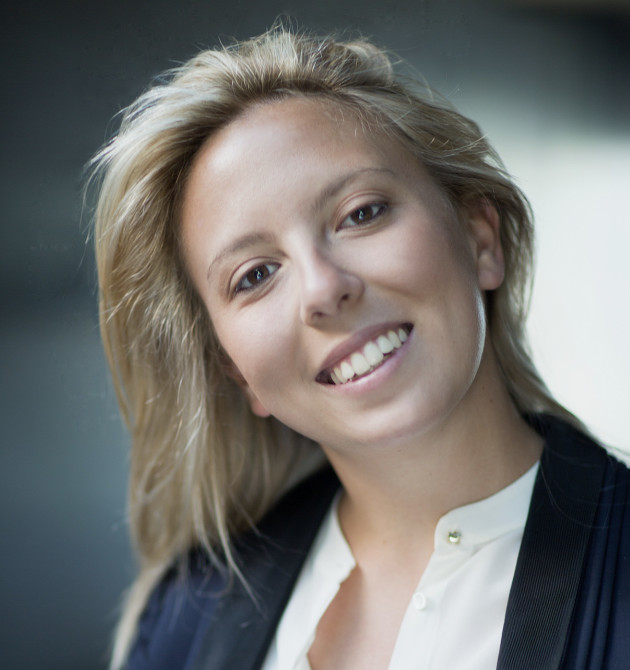
These engineer profiles are part of an earlier project, and some of our staff and students featured may have now left Imperial.
Tiffany Tuor is in her final year as a PhD student, working on a subfield of artificial intelligence called federated machine learning.
In the digital era the sheer volume of data, and data privacy, are big challenges in artificial intelligence. Federated learning turns the standard approach of training models from data upside down, meaning the data never has to be moved.
FEDERATED LEARNING Rather than bringing all the training data together, federated learning leaves the data where it is, distributed across numerous devices and servers. Instead, many versions of the model are sent out and trained locally on each subset of data. When all these “mini-models” are brought back and combined, the result is one overall model that functions as if it had been trained on the entire dataset at once.
“My PhD is about developing algorithms that allow different entities or institutions to collaboratively train a machine learning model. This is very important because data generated from a single source often lacks diversity which might lead to poor performance of AI algorithms.”
Covid applications
“For example, during the COVID-19 pandemic, researchers have underlined that collecting data from a single region or institution failed to reveal important information such as the impact of environment or ethnicity. My research could be applied to help medical institutions to benefit from each other's data (without compromising privacy of medical data) and hence able to build more a performant AI model able to generalise to a broader range of environments.”
If she hadn’t taken the EEE pathway, Tiffany says she would have loved to be a medical doctor – “if only I did not faint each time I see blood!” “I have a huge admiration for this profession. The good thing about being an EE engineer is that I feel I can still contribute to the medical field by building technology that allowed physicians to better diagnose and treat their patients. I am convinced that Artificial Intelligence will have a significant role in medicine in the coming years and that EE and computer engineers will have a big role to play in this field.”
After high school, Tiffany was not sure exactly what she wanted to do, so she chose a degree in EEE because it is such a broad discipline that it can keep many career doors open.
“I knew that a degree in EE would equip me with strong technical skills that I could apply in fields as diverse as healthcare, marketing, gaming, cinema, finance to name a few. I am the kind of person who likes to “go against the flow“ and the idea of choosing a path which was not typical for a girl excited me.”
I am convinced that many girls would get hooked by coding if they would give it a try. For me coding is fun, and I see it as a game."
Challenging stereotypes
Tiffany is keen to help to help ‘demystify’ the reputation of EE and computer science. “There is a lot of stereotyping, such as it is only for certain types of people — “half nerds, half genius”. This type of bias tends to discourage people even before trying. That’s a shame because I am convinced that many girls would get hooked by coding if they would give it a try. For me coding is fun, and I see it as a game.”
“I think we should showcase some practical and fun applications such as how AI can help recommend your favourite items in an online shop, how algorithms are able to recognise the name of songs or even how to teach a bot to have a conversation with you."
As a hobby, Tiffany loves running, “it helps me to clear my mind and takes me away from the computer screen.” Two years ago, she realised a childhood dream by completing the New York Marathon.
“Training for a marathon has actually helped me a lot for my PhD, it made me realise that it is very important to celebrate small milestones. It can take months to train for a marathon and, years to complete a PhD, so it is very important to be able to enjoy the small wins along the way.”